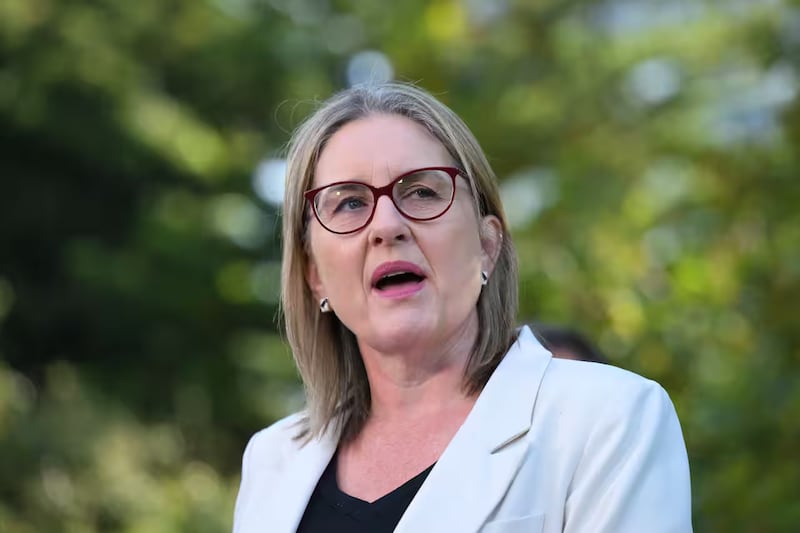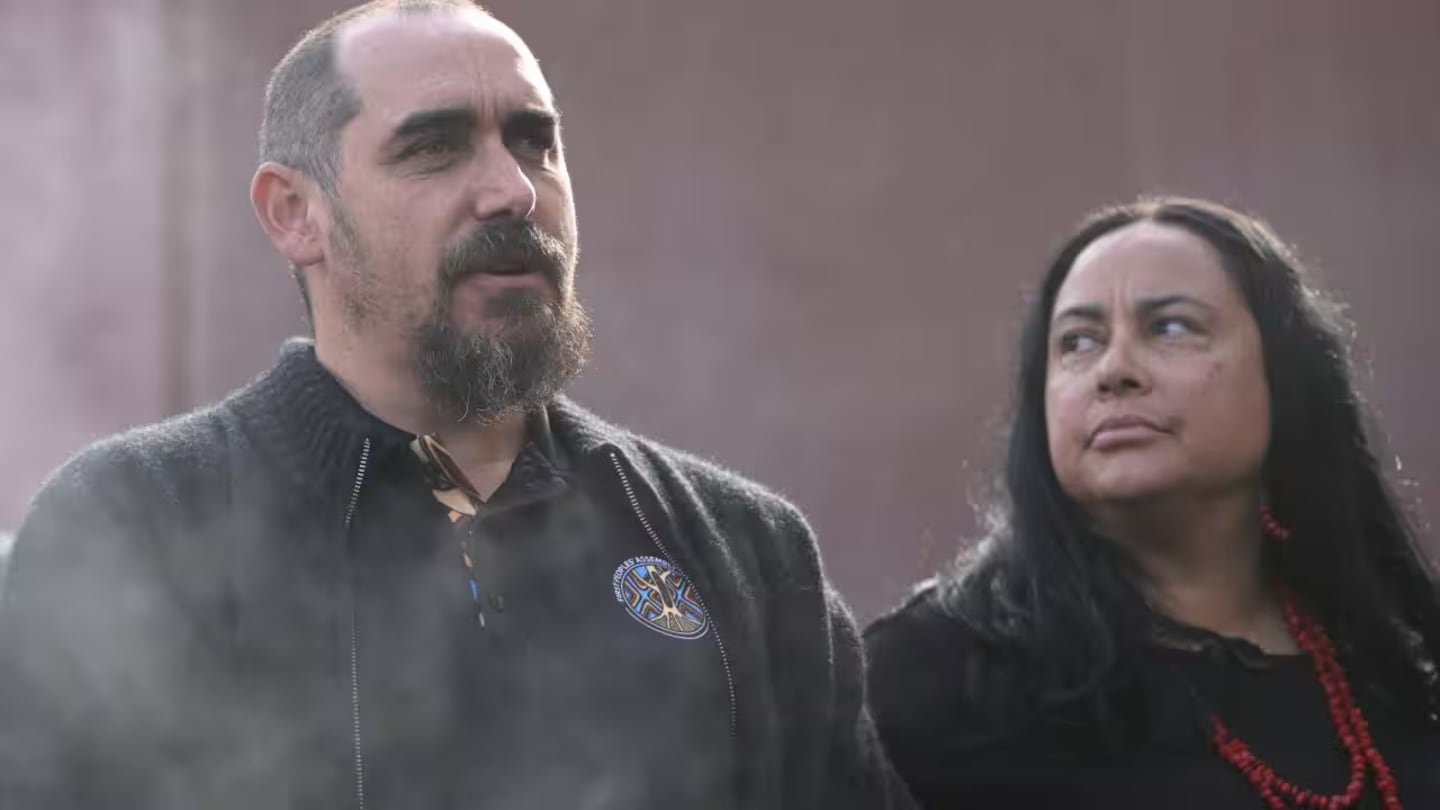This article was first published by NITV
Victoria’s Indigenous representative body is expected to gain new powers to make decisions over issues like confirmations of Aboriginality, approve statutory appointments to government boards, and hold the state government accountable for Closing the Gap progress under a Treaty.
The First Peoples Assembly of Victoria and the state government are in the middle of negotiations on a statewide Treaty, which have primarily focused on the future role of the Assembly.
In a joint statement released on Friday, both parties confirmed a Treaty bill is expected to be agreed upon and put to parliament by the end of the year.
The Treaty will expand the power of the Assembly, with the parties now negotiating over how it will make representations and provide advice to the government - essentially acting as a Voice body.
Assembly co-chair and Gunditjmara man Rueben Berg told NITV the Assembly is also looking to create an independent Closing the Gap oversight body.
“Some of the key powers we’re seeking are the power to have an independent accountability mechanism to actually monitor government progress and how they’re delivering on their commitments and obligations,” Berg said.
“We’re also to be able to see where there are specific aspects of the state’s business where First People should be making decisions ... particularly as it relates to confirmation of Aboriginality.”

Berg said the Assembly would work with different Traditional Owner groups to determine how they wanted to decide on confirmations of Aboriginality on an individual basis.
“At the moment most people would be familiar we have the three-part test ... one of those aspects is around acceptance by your community, and at the moment it seems a bit ad hoc,” Berg said.
“We’ll be looking to work with experts in our communities to come up with the rules around what that actually means to say ‘Yes you are accepted by your community.’”
Negotiations are also looking giving the Assembly the authority to run events like NAIDOC Week, and grant programs like the Aboriginal Community Infrastructure Program.
It would also continue the truth-telling process, after the Yoorrook Justice Commission finished its work last month.
And while the Assembly looks to provide advice to government, it is also hoping to create a duty for ministers to consult with it over laws and policies that affect Aboriginal people.
“A lot of times government will just measure success in terms of statistics or financial benefits and we often draw form our cultural knowledge or cultural understanding to ensure that we’re engaging with all those different aspects of success,” Berg said.
Both parties have confirmed that the Treaty process would not give the future Assembly powers to veto policy or legislation, noting that would not be possible under the state’s parliamentary system.
It would also be subject to oversight by the Ombudsman and the state’s anti corruption commission.
By Cameron Gooley of NITV



